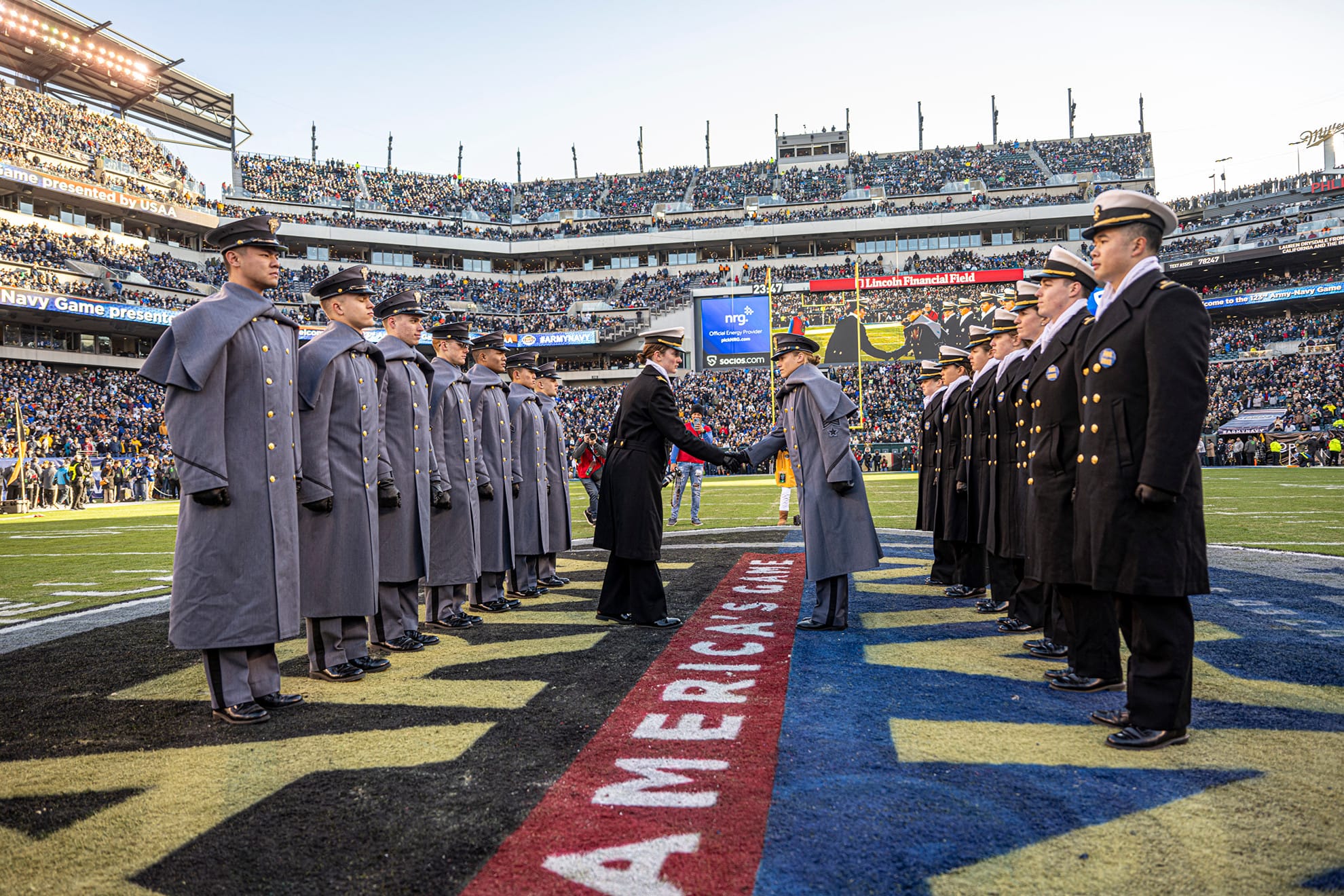Daniel Penny, the former Marine who faced charges in connection with the chokehold death of Jordan Neely on a New York City subway, has been found not guilty by a jury. The incident, which occurred in May 2023, ignited a heated debate regarding self-defense, the use of force in public spaces, and issues surrounding mental health and homelessness in urban environments.
The jury’s decision came after a lengthy trial that included testimonies from witnesses and experts. Penny was charged with second-degree manslaughter and criminally negligent homicide after Neely, a homeless man, was placed in a chokehold during an altercation on a subway train. The defense argued that Penny acted in self-defense, fearing for his safety and the safety of other passengers when Neely allegedly began threatening them. The prosecution contended that the use of a chokehold was excessive and directly led to Neely’s death.
During the trial, multiple witnesses provided differing accounts of the incident. Some testified that Neely was behaving erratically, while others noted that he did not physically attack Penny or anyone else before the chokehold was applied. Medical experts were also brought in to discuss the effects of the chokehold and the circumstances leading to Neely’s death, which was ruled a homicide due to asphyxiation.
The case attracted widespread media coverage and public attention, with various advocacy groups weighing in on the implications of the verdict. Supporters of Penny highlighted the challenges faced by individuals in precarious situations, emphasizing the need for self-defense in the face of perceived threats. Conversely, advocates for mental health and social justice expressed concern about the normalization of violence against vulnerable populations, particularly those experiencing homelessness.
In the wake of the trial, Penny expressed relief at the verdict and gratitude to his legal team and supporters. He stated that he hoped the case would prompt broader discussions about public safety and the challenges faced by individuals living on the streets. Penny’s acquittal has also raised questions about the legal standards for self-defense, particularly in urban environments where interactions between civilians and individuals experiencing mental health crises can escalate quickly.
Following the trial, Penny is set to attend the Army-Navy football game, a tradition that brings together the two service academies in a highly anticipated matchup. He will be joined by former New York City Mayor Bill de Blasio, who has been a vocal advocate for addressing homelessness and mental health issues in the city. The event is expected to draw significant media attention, particularly in light of the recent verdict.
The Army-Navy game, held annually since 1890, is not only a sporting event but also a celebration of military tradition and camaraderie. It serves as a platform for showcasing the values of teamwork, honor, and service that are central to both institutions. Penny’s presence at the game alongside de Blasio underscores the intersection of sports, politics, and social issues, as both figures navigate their respective roles in public discourse.
As the nation continues to grapple with the complexities of public safety, mental health, and the treatment of vulnerable populations, the implications of the Penny case will likely resonate for some time. The discussions surrounding the verdict may influence future policies and practices related to law enforcement, emergency response, and community support for individuals experiencing crises.
In conclusion, the acquittal of Daniel Penny marks a significant moment in a case that has sparked widespread debate and reflection on issues of self-defense, public safety, and the treatment of homeless individuals. As he prepares to attend the Army-Navy game, the broader implications of the case will remain at the forefront of public consciousness, prompting ongoing discussions about how society addresses these critical challenges.



